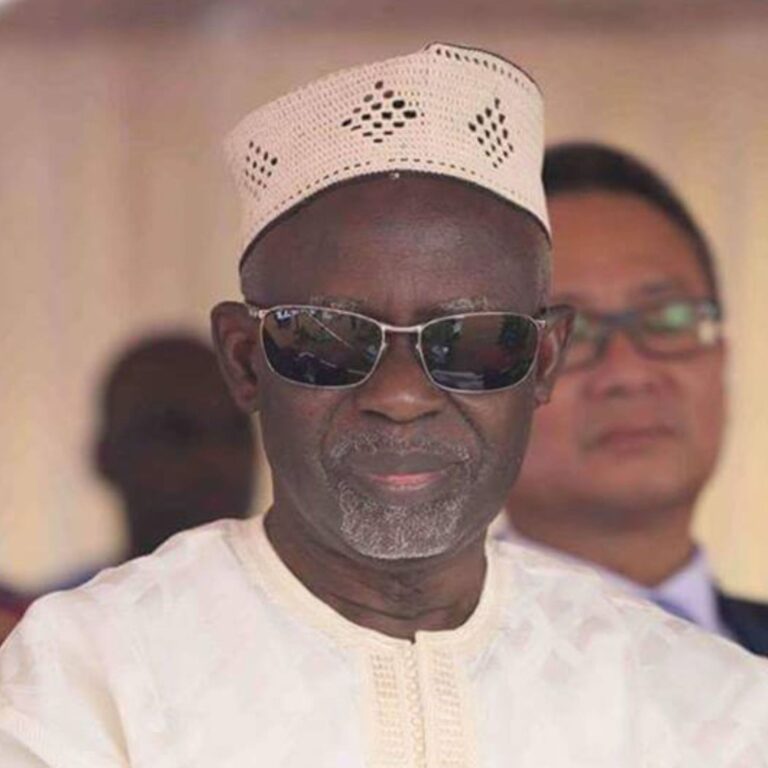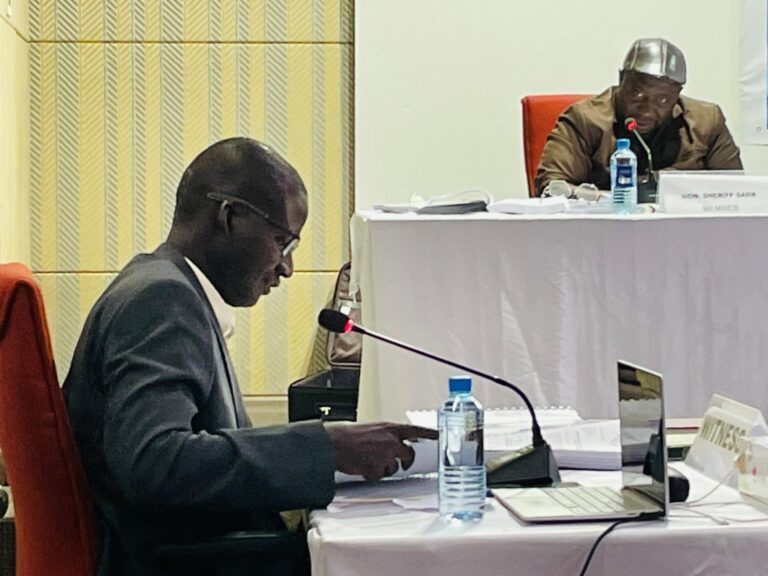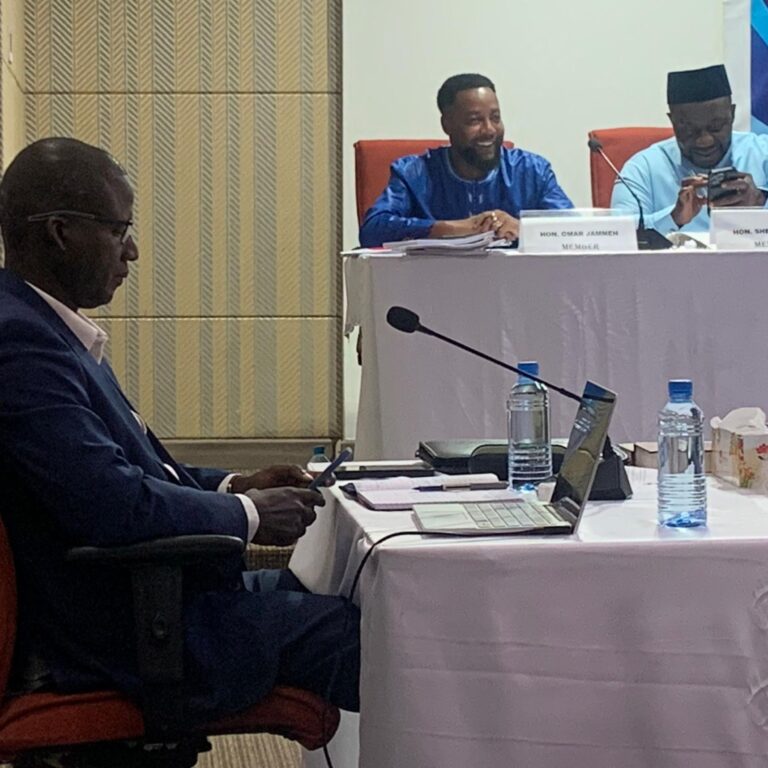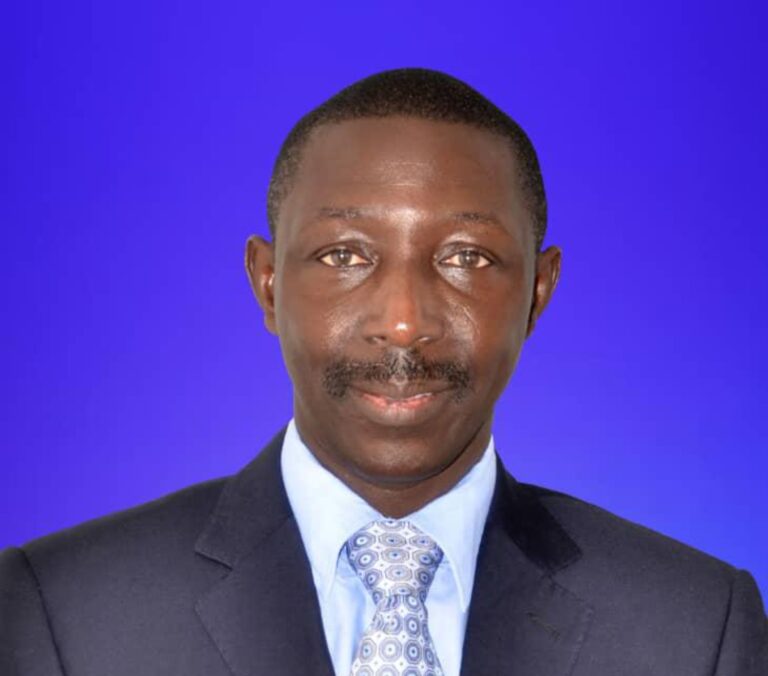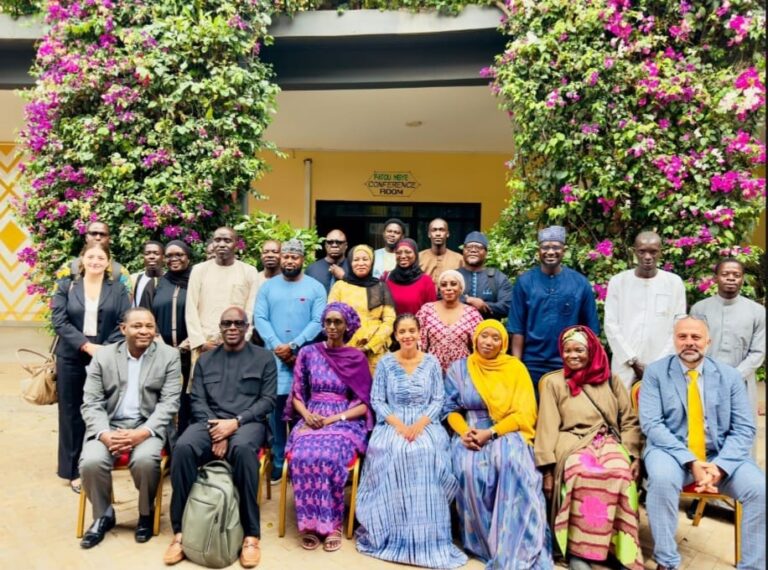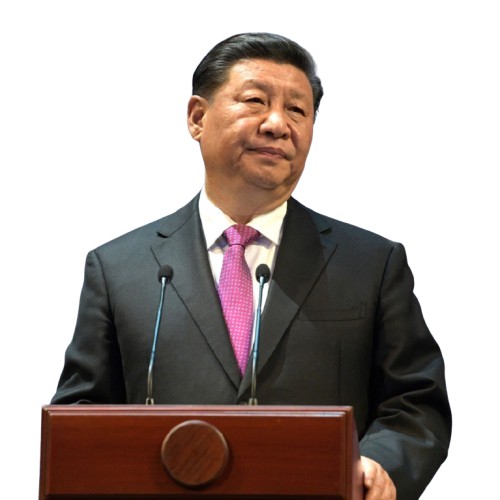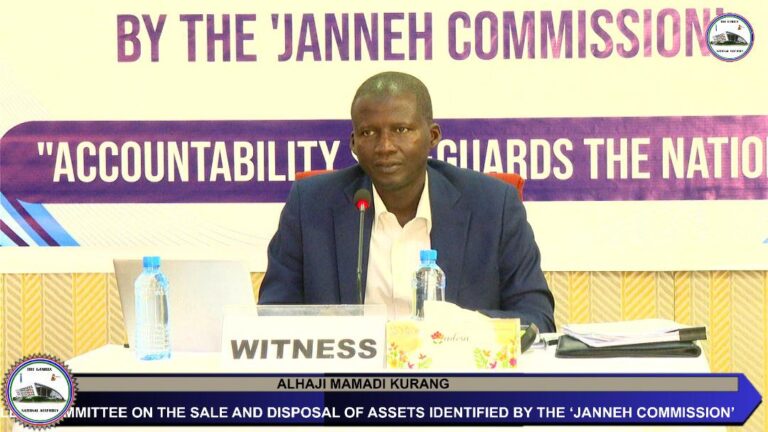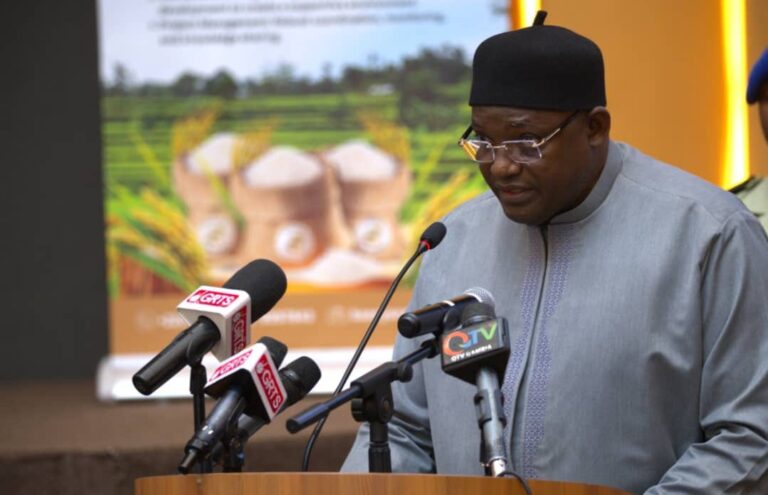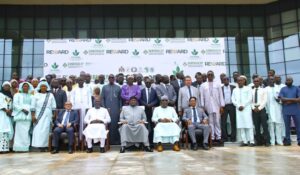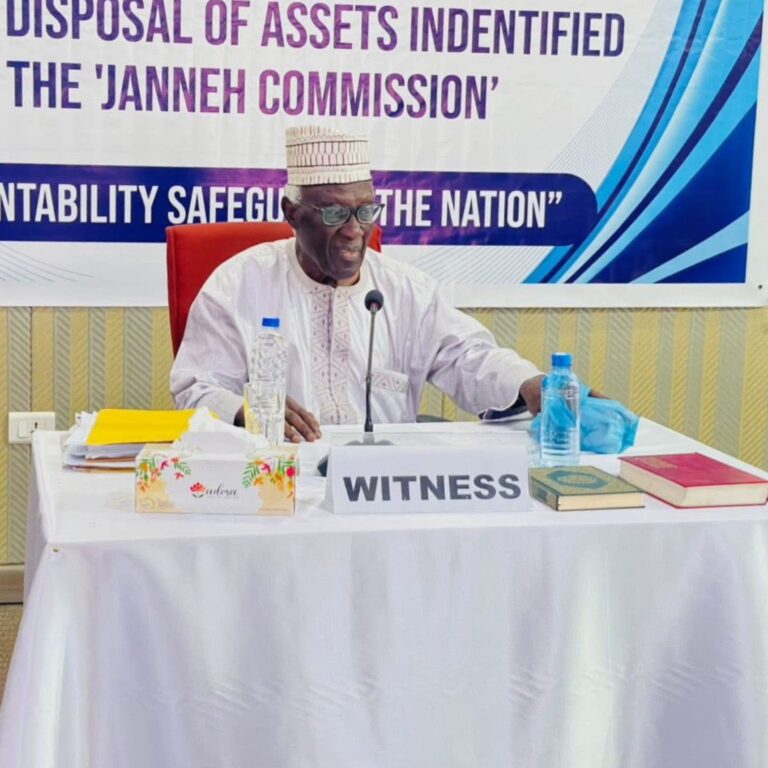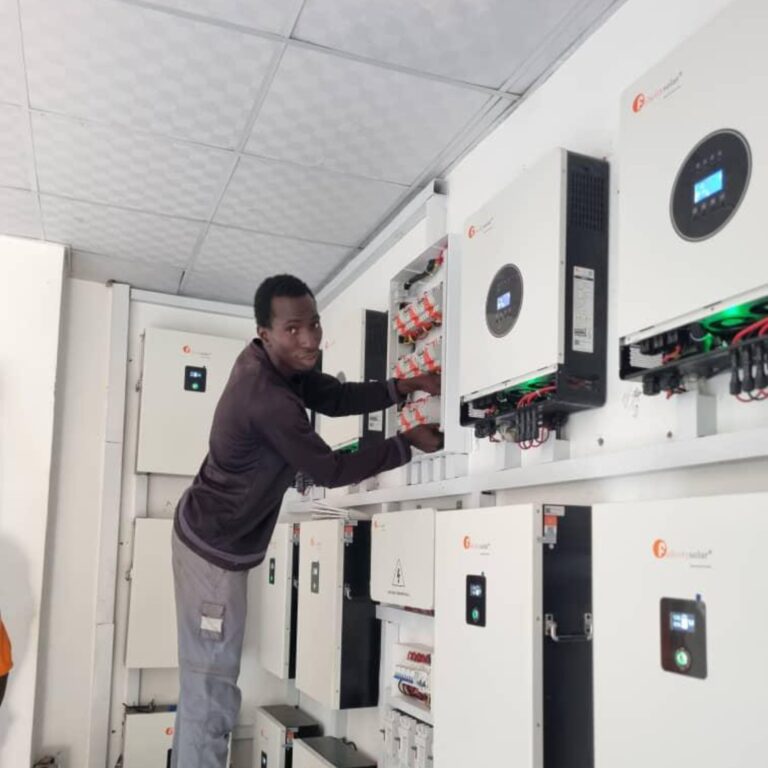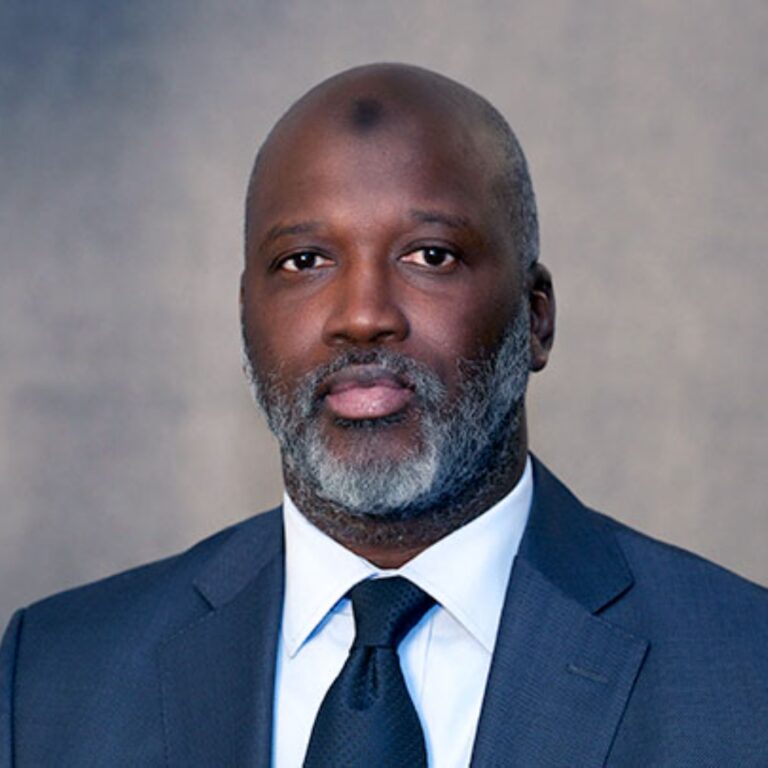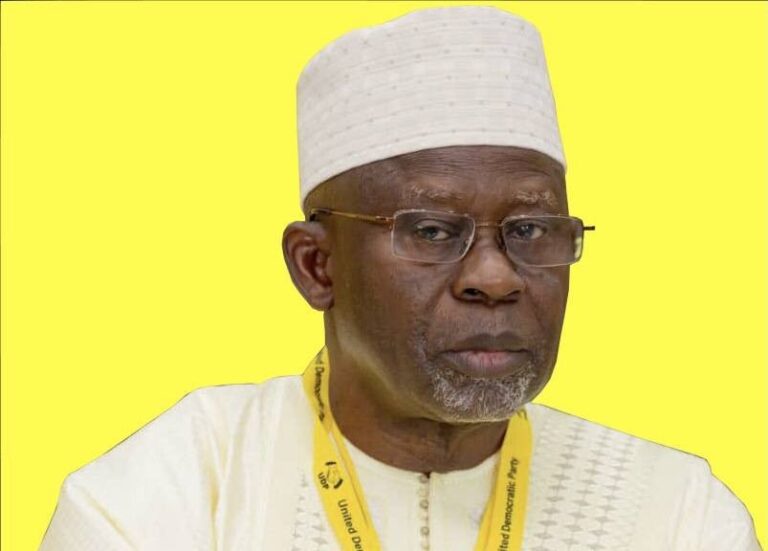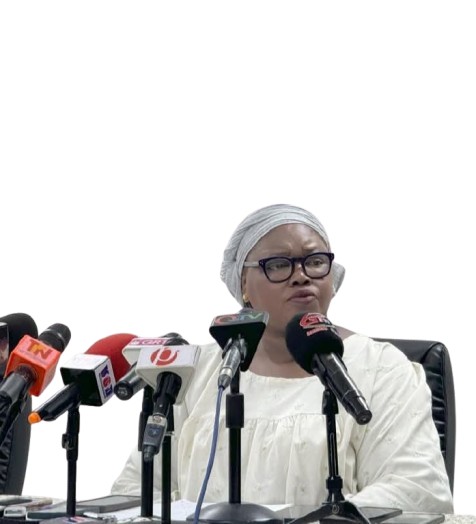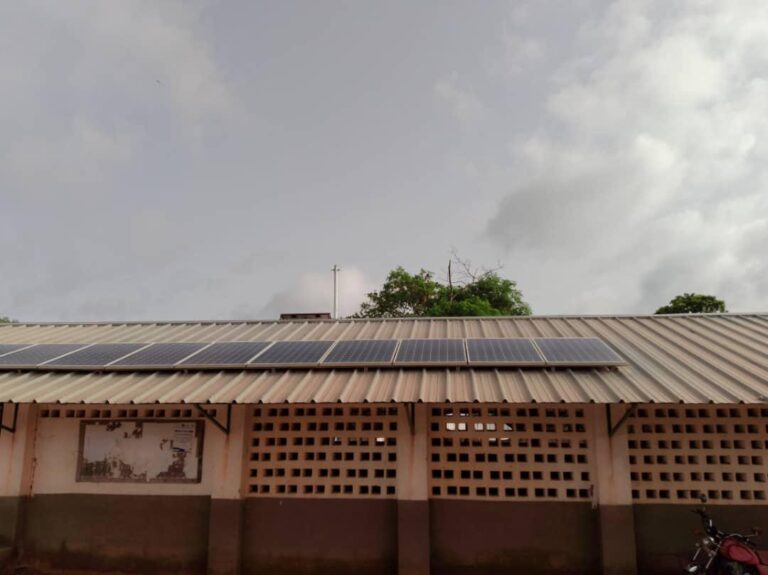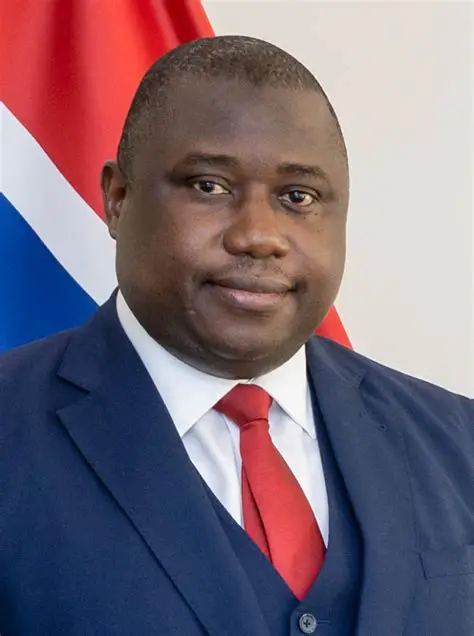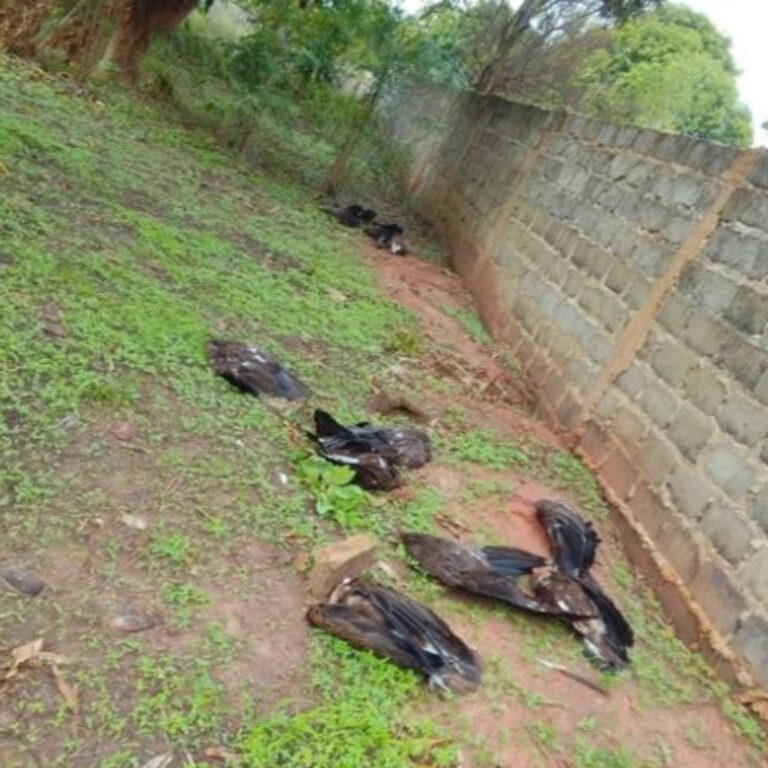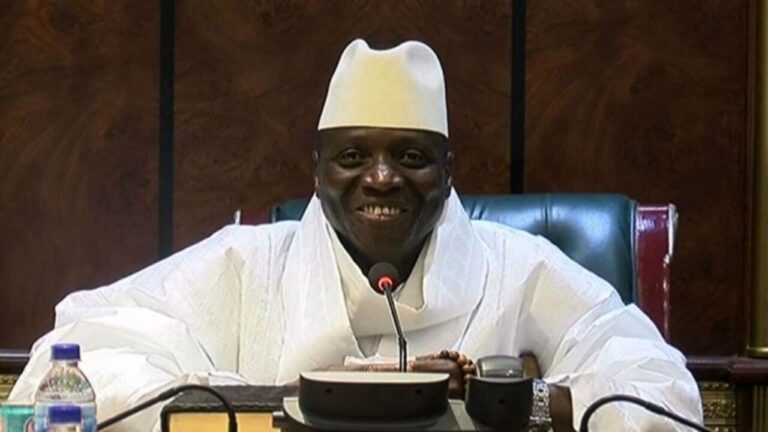Written by: Seringe S.T. Touray
Editor-in-Chief, The Fatu Network
In a country where political hypocrisy is increasingly becoming the norm, the United Democratic Party (UDP) now finds itself entangled in a silence that says far more than any press release ever could.
This is about Ba Tambadou, former Attorney General and Minister of Justice, government darling, and for a moment, the UDP’s pride. Once celebrated for his role in The Gambia’s transitional justice process, Tambadou was the poster child for reform. On March 17, the UDP formally endorsed his candidacy for a seat at the International Court of Justice (ICJ), with party leader Ousainou Darboe calling him “eminently qualified” and praising his “deep commitment to the rule of law.” The statement, published by The Fatu Network, offered “unreserved” support.
Then April 30 happened.
That’s when The Republic, an independent investigative outlet, published a bombshell: “The Assets of Gambia’s Former Dictator Go for a Song.” The report accused Tambadou of overseeing an opaque and highly questionable asset disposal process involving Yahya Jammeh’s seized wealth — properties, aircraft, luxury vehicles, company shares, and more. Much of it allegedly went to politically connected buyers at bargain-basement prices. According to the investigation, among the beneficiaries was Tambadou’s now-wife, Binta Sompo Ceesay, who reportedly acquired land through a company linked to her and, as alleged in the report, acted as a sales agent for Alpha Kapital, the firm hired to auction Jammeh’s assets, while Tambadou was overseeing the process.
Tambadou denied any wrongdoing in a detailed 12-point rebuttal published by The Fatu Network on May 3. But the timing of these revelations triggered a string of consequences — at least for some.
The Edward Francis Small Centre for Rights and Justice (EFSCRJ), which had endorsed Tambadou in February, swiftly withdrew its support on May 4, citing “acts of corruption, abuse of office, and unethical conduct.” The organisation called for a full investigation, publication of all relevant sale records, and described Tambadou’s rebuttal as “raising more questions than answers.”
The government itself eventually buckled, quietly withdrawing Tambadou’s ICJ nomination by early July as reported by local media, including The Fatu Network. Even if some claim it was a diplomatic move, the optics are clear — something is seriously wrong here.
But while watchdogs barked, youth groups rallied, journalists were arrested, and state institutions backtracked, the UDP — the self-declared crusaders against corruption — fell completely silent.
This is the same UDP that routinely lambasts President Barrow’s administration for corruption, mismanagement, and impunity. The same party that demanded investigations into Russian oil deals, shady land transactions, and procurement scandals involving their political rivals. But when it came to Ba Tambadou, someone they had publicly backed, the party had nothing to say. Not a word. Not even a whisper.
Let’s be clear: this is not a call for the UDP to denounce Ba Tambadou or withdraw its earlier endorsement just for the sake of political symmetry. But silence? That’s a statement too. And it reeks of selective outrage.
If the UDP believes in transparency and accountability, as it so often claims, then surely it owes the public at least a position. Either you stand by Tambadou, or you don’t. Either you call for further investigation, like you did when Barrow officials were accused, or you explain why this case is different. Because right now, your silence reads like complicity.
Let’s rewind briefly to the facts.
According to The Republic, Alpha Kapital Advisory — a firm allegedly co-founded by Tambadou’s acquaintance Alpha Barry — was awarded the asset disposal contract without a public bidding process. The Ministry of Justice at the time argued that such appointments did not require procurement vetting. The contract entitled Alpha Kapital to a 10 percent commission on all asset sales and 5 percent of share liquidations, which the report estimated amounted to at least D89 million dalasis.
Some assets were sold below market value. A Fajara property, once valued at D8.5 million, was reportedly re-acquired for just D3.15 million by a close associate. Other assets, including luxury vehicles and aircraft, were sold through closed bids, often without proper valuation records. Livestock, paintings, and even presidential furniture allegedly ended up with insiders and auctioneers themselves. One parliamentary investigation described the land deal involving MOAB Capital, a company reportedly owned by Tambadou’s now-wife, as a “violation of land allocation procedures,” and noted that the development levy was only paid after staff petitioned parliament.
Public outrage was swift. On May 13, the civil society group Gambians Against Looted Assets (GALA) issued a five-point petition demanding the withdrawal of Tambadou’s nomination, full publication of asset disposal records, and a presidential address on corruption. They cited insider dealing, lack of transparency, and failure to publish sales data as signs that “the entire exercise now threatens to undermine public trust.”
GALA’s protests led to mass arrests. On May 8, The Fatu Network reported that more than 20 peaceful protesters were detained and taken to unknown locations after police denied them a permit. Two journalists covering the protest — Sheriff Conteh and Alieu Ceesay — were also arrested. The Fatu Network’s cameraman, Matarr Jassey, was nearly dragged into a police vehicle. The Gambia Press Union condemned the arrests, warning that police intimidation of journalists was eroding press freedom.
The detainees were held for days before the police, under mounting pressure, announced their release. The GPF warned that future “unauthorised protests” would be dealt with severely. In the meantime, Gambians were left wondering: if this many citizens are speaking up, why is the UDP still silent?
Even when UDP leader Ousainou Darboe finally addressed the matter at a recent press conference, he said nothing about the corruption allegations. Instead, he used the opportunity to defend Ba Tambadou once more, praising his competence and expressing disappointment over the government’s withdrawal of his ICJ nomination. “If I were president, I would have stood by him until the voting outcome,” Darboe said, adding that he supported Tambadou “not because of tribe, but because he’s a competent Gambian.” In that moment, with the nation watching, Darboe could have shown leadership by acknowledging public concern or demanding accountability — but he chose instead to repeat the endorsement and ignore the scandal altogether.
It is this mountain of red flags that prompted EFSCRJ to pull out. It is this that led to protests, arrests, petitions, and a National Assembly inquiry. And it is this that should make any party serious about integrity speak up.
But the UDP? Still silent.
This is a dangerous pattern. It tells Gambians that accountability is only weaponised when convenient. It tells us that political loyalty, not principle, guides who gets exposed and who gets a free pass. And it tells us that even the loudest anti-corruption voices can go stone-cold quiet when the accused wears the right colours.
The UDP owes Gambians more. If your commitment to justice only applies when it embarrasses Barrow, then perhaps it was never about justice to begin with. The public deserves to know where you stand, not just when it’s easy, but when it’s hard.

